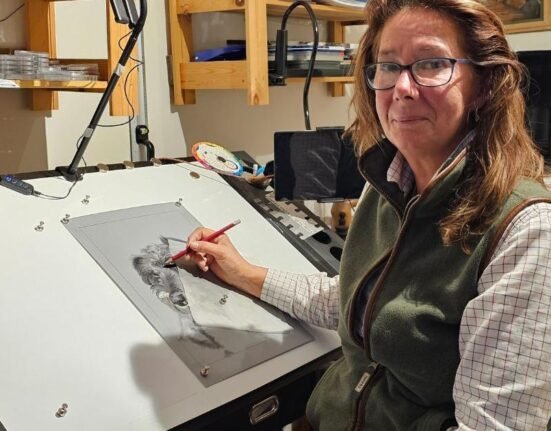Wharfedale Hospital, on Newall Carr Road, Otley, is one of a number across England set to benefit from new NHS investment in better care for people with brittle bones.
The high-tech scanner—called a DEXA scanner—is used to measure bone strength and spot signs of osteoporosis, a condition that weakens bones and makes them more likely to break.
The machine will replace older equipment currently used at Wharfedale Hospital, helping to make scans more reliable and faster for local patients.
The scanner at Wharfedale Hospital is one of 13 being delivered to hospitals across the country as part of the government’s Plan for Change to improve NHS care.
Seven hospitals are getting scanners for the first time or expanding their services. Six others, including Wharfedale, are receiving new machines to replace older ones and improve the service they already offer.
In total, the new scanners will help carry out an extra 29,000 bone scans every year across England.
Katie White, Labour MP for Leeds North West, has welcomed the news, saying: “I’m really pleased that Wharfedale is getting this cutting-edge scanner. Osteoporosis affects so many families, and early diagnosis can make all the difference.
“This isn’t just about spotting problems—it’s about preventing them. If we can catch signs of brittle bones early, we can stop painful fractures before they happen.
“Having this technology right here in our community means people can get care quickly and locally, without long waits or long journeys.”
The scanners will be especially helpful for people more at risk of osteoporosis, including women who go through early menopause and those with a family history of the condition.
Louise Koplick, Team Manager, Radiology, at Leeds Teaching Hospitals NHS Trust, said: “Almost one in two women over the age of 50 will break a bone due to poor bone health. Early diagnosis is really important because there are many very effective treatment options available.
“Last year in Leeds, we scanned around 8,000 patients, and that was our capacity with the previous scanners, which were 13 years old and less reliable.
“With the new scanners, we should be able to scan around 11,000 patients a year. This will make a real difference to early diagnosis and treatment for patients.”







